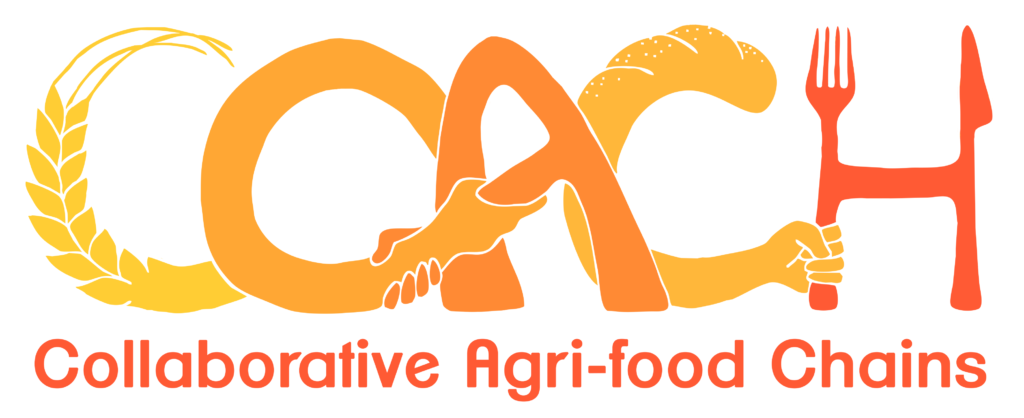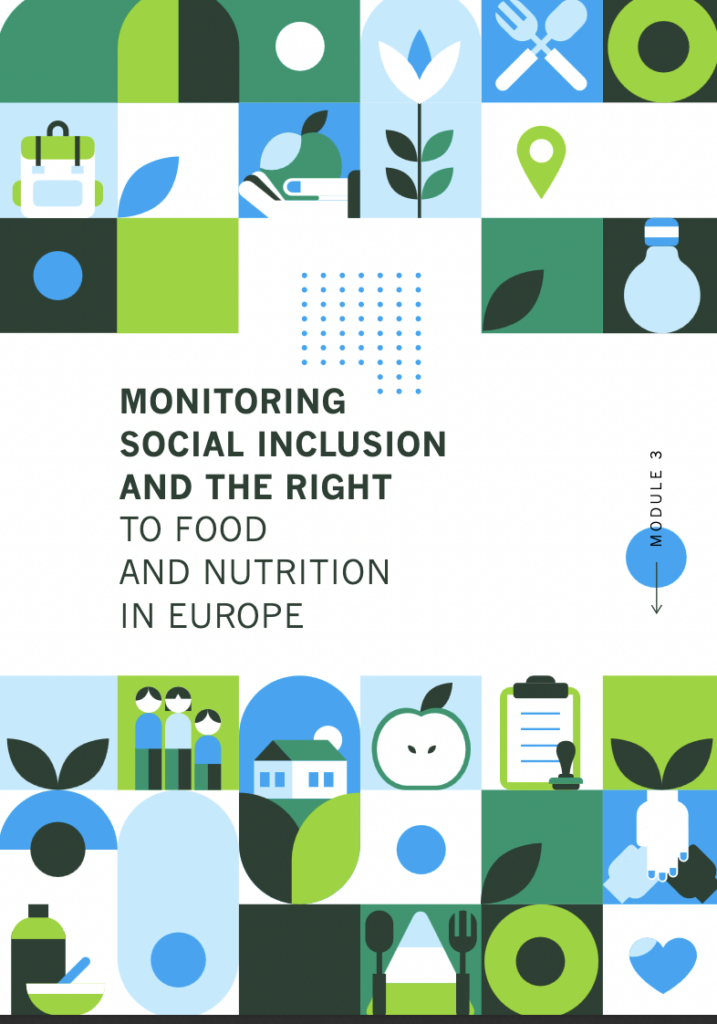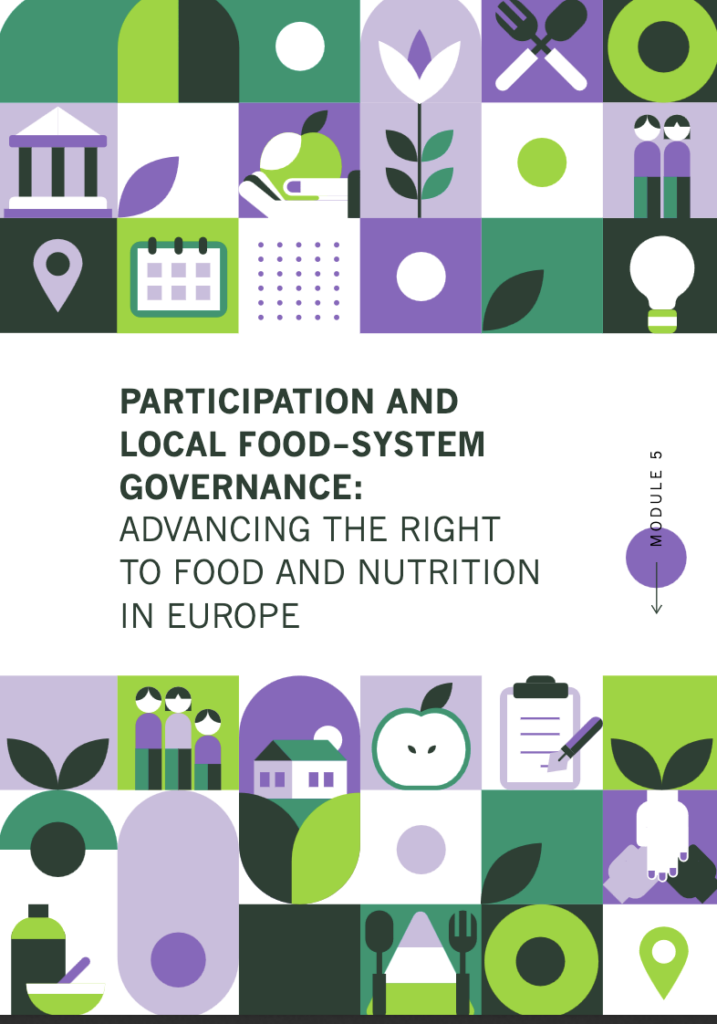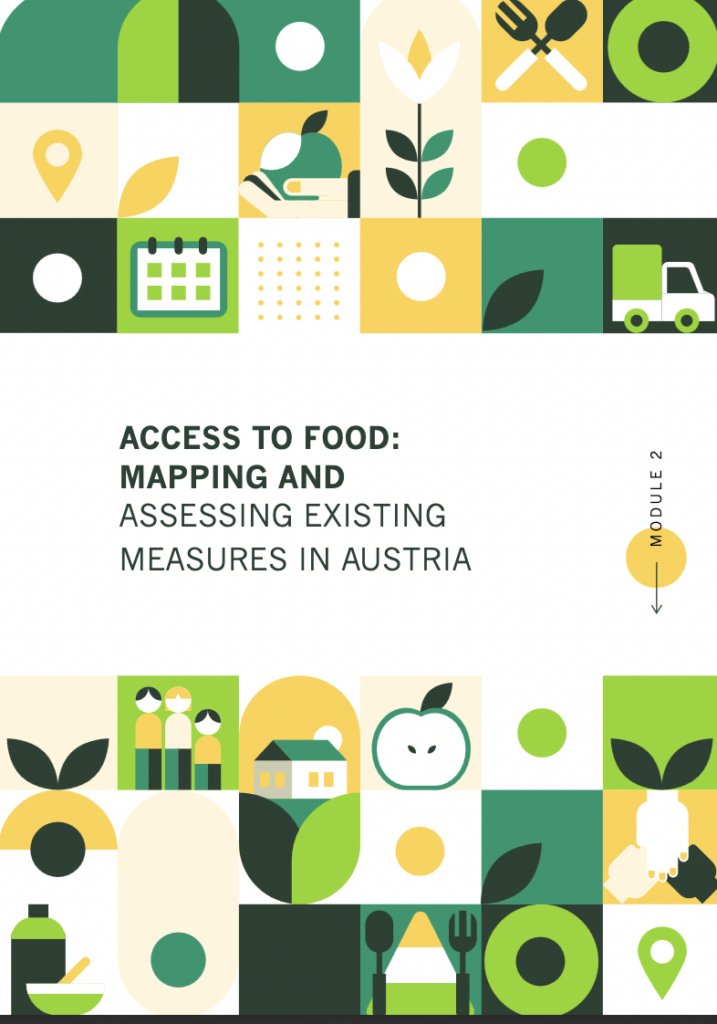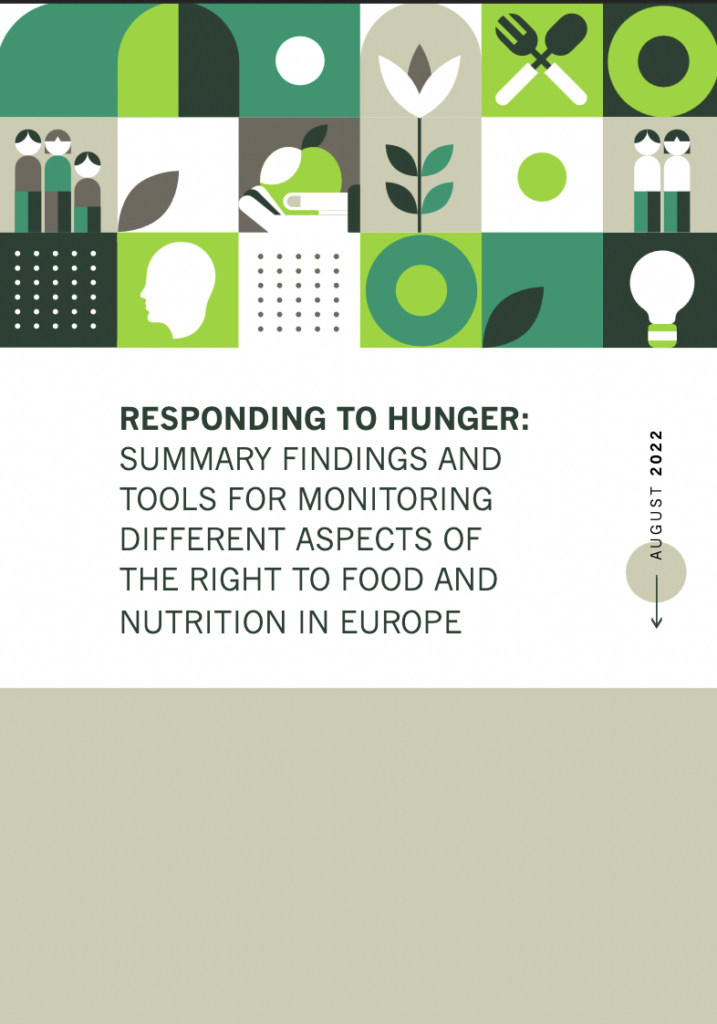Food Accessibility
Food accessibility, as a fundamental aspect of the right to food, is the guarantee that individuals have both the physical means and economic resources to obtain sufficient, safe, and nutritious food without discrimination. It encompasses the equitable availability and affordability of food, ensuring that no one goes hungry due to geographical, economic, or social barriers.
What does feminism have to do with the food you eat?
Gender and feminist perspectives are at the core and beating heart of the food systems transformation we all urgently claim.
Gender and feminist perspectives, demands and analysis are more than a transversal issue. They enable a systemic vision for change that is currently needed to ensure human rights based, just, healthy and ecologically sustainable food systems at all levels.
Gender and feminist perspectives allow us to…
…name power relations. They allow us to politicize the relations we establish inside and outside our networks, at institutional level, in our territories. The ability to name gender violence and its root causes brings into existence what is invisible. It makes existent what was considered inexistent. It forces us to be uncomfortable in a constructive manner, towards healthy and free-from-violence relations, collaborative networks, institutions and communities.
…have an integrated and holistic agroecological vision for our territorial food systems. The agroecological practices that can inform food systems transformation have clear economic, social and political dimensions. It is time to explicitly include the ecofeminist dimension.
…work and practice intersectionality. To name and address the different lines and layers of oppression that each of us brings with its own biography. It is insufficient to sit in a circle to be horizontal and it is not sufficient to work collectively to be equal. Inclusive participatory spaces are not about quantity but about quality. Who is in the decision-making space? Who is missing? And Why? It is about framing the right questions, avoiding yes or no answers.
…include in our strategies, actions and collaborative networks also the non-reproductive work that ensure life’s sustainability and continuation, such as care work and social reproductive labor, to ensure re-distributive and equity-based food systems.
…understand that gender and feminist perspectives are a liberation struggle for all. Leaving no one behind.
Accessibility in Community Supported Agriculture
Guide « Creating new food solidarities in AMAP »
This guide is intended for AMAP volunteers in France, to help them act in favor of an access for all to a sustainable and chosen food. It has been designed as a practical tool for developing food accessibility initiatives or consolidating existing dynamics in AMAP.
In this guide, we share a wide range of references and resources to fuel reflection and structure action. It facilitates collective exchanges and training within AMAP and AMAP networks.
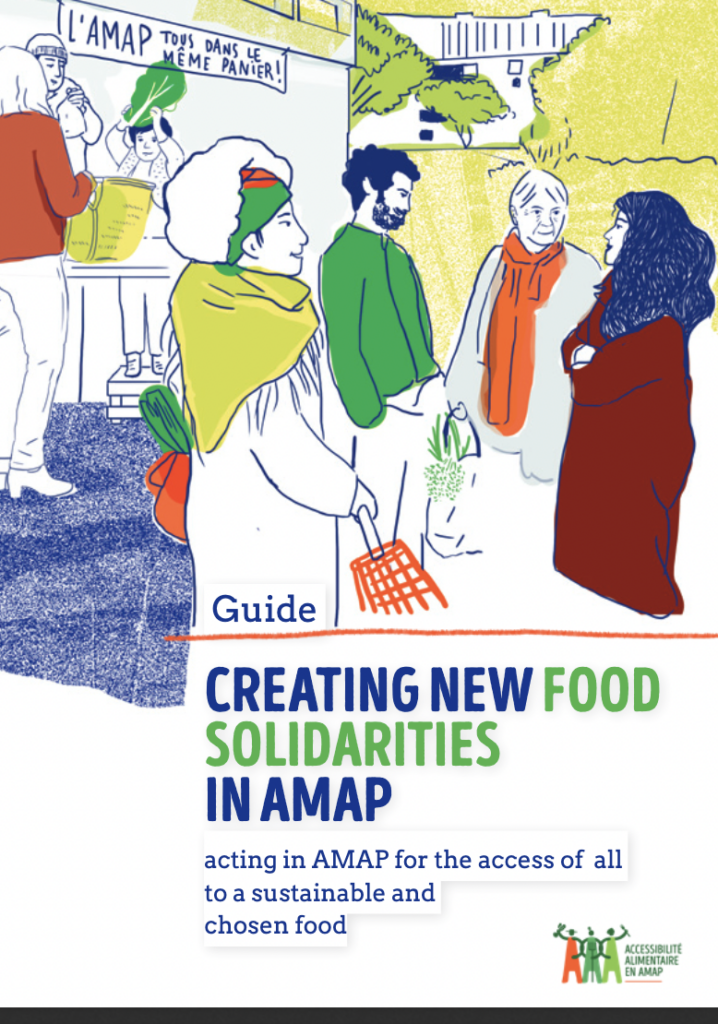
Food justice in community supported agriculture
Food justice in community-supported agriculture – differentiating charitable and emancipatory social support actions.
Jocelyn Parot, Stefan Wahlen, Judith Schryro & Philipp Weckenbrock
Published in Agriculture and Human Values – October 2023
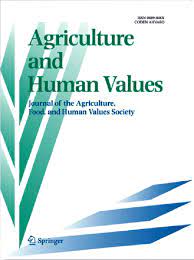
Right to Food and Nutrition

COACH has received funding from the European Union’s Horizon 2020 research and innovation programme under grant agreement No 101000918
